If President Lazarus Chakwera wins the 2025 presidential elections, Malawi will enter a politically charged second term that will test both his leadership and the public’s patience.
A renewed mandate could be seen as a reward for continuity, but it will also raise serious concerns about whether his administration has truly delivered on the ambitious promises made in 2020.
Critics will point out that Chakwera’s first term has been riddled with missed opportunities, economic mismanagement, and an alarming increase in public debt.
Despite the rhetoric of reform, the Tonse Alliance government has often been accused of recycling old practices such as nepotism, corruption, and excessive government expenditure.
Another term under Chakwera could entrench these weaknesses further if no major policy shifts or leadership accountability mechanisms are put in place.
The public service, already demoralized by delayed salaries and inadequate resources, may suffer further under continued austerity and bureaucratic inefficiencies.
The economy, which has struggled with inflation, foreign exchange shortages, and youth unemployment, could spiral deeper into crisis if the same fiscal path is followed without innovation.
Moreover, civil society and the opposition may face tighter restrictions if Chakwera feels emboldened by re-election and moves to consolidate power.
There is also a risk that governance institutions—such as the Anti-Corruption Bureau, judiciary, and Parliament—could become more politicized under a president who no longer has re-election pressure.
On the regional front, Chakwera’s win might not significantly shift Malawi’s standing unless accompanied by strong domestic performance and visible results in key areas like food security and infrastructure.
For many Malawians, especially the youth, a second Chakwera term could feel like a continuation of hardship if tangible change is not prioritized.
The promise of “clearing the rubble” in government may ring hollow unless bold and transparent reforms are implemented in his second term.
Furthermore, internal divisions within the Tonse Alliance could widen, especially if coalition partners feel sidelined or betrayed by power consolidation in the MCP.
Ultimately, a Chakwera victory in 2025 could either be a redemptive second chance to fix the country—or a prolonged period of disillusionment if the government fails to learn from its first-term mistakes.
The stakes are high, and the burden of proof will fall squarely on President Chakwera to show that he has the political will and capacity to lead Malawi in a better direction.


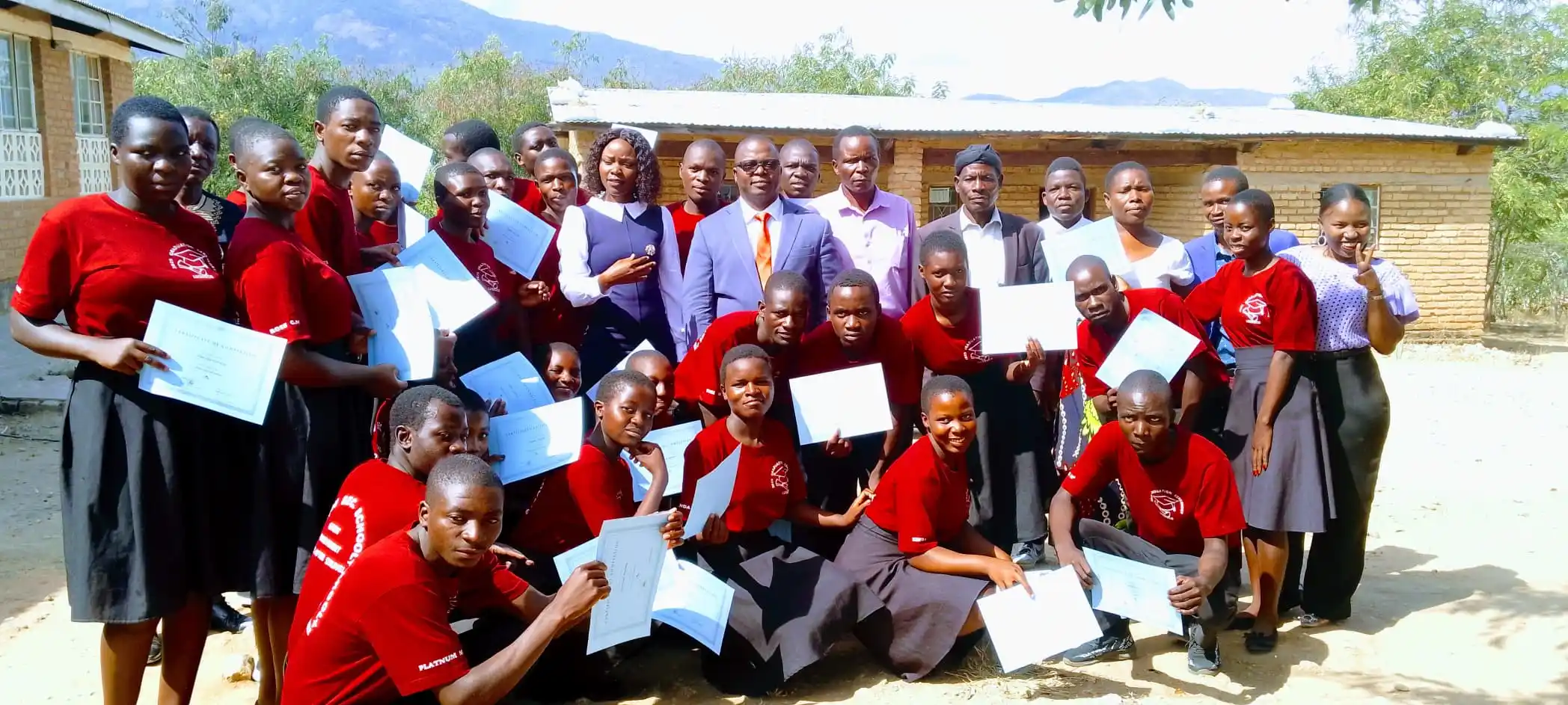
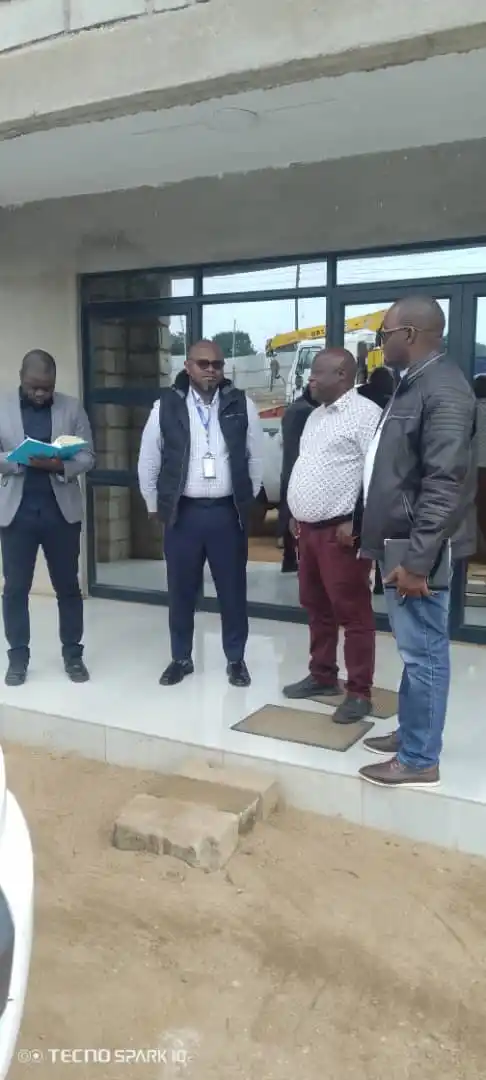
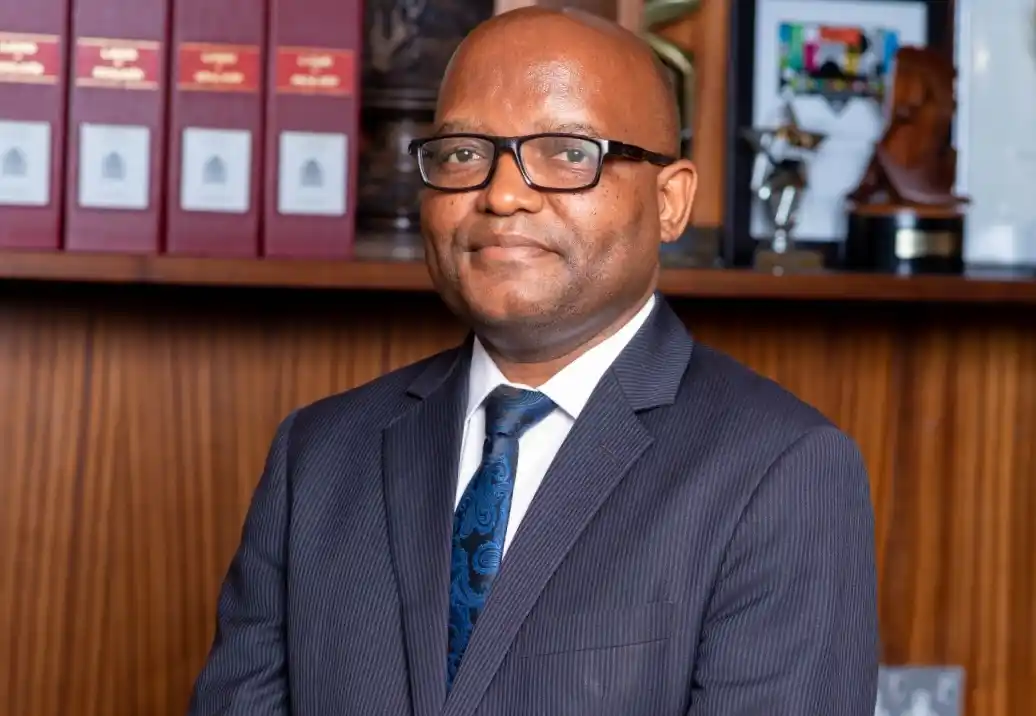
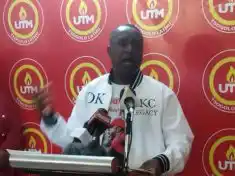
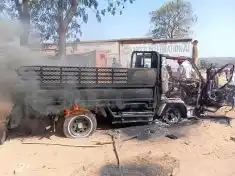

0 Comments